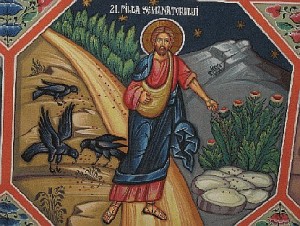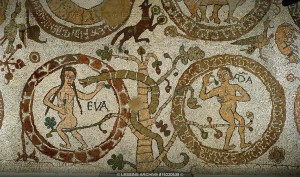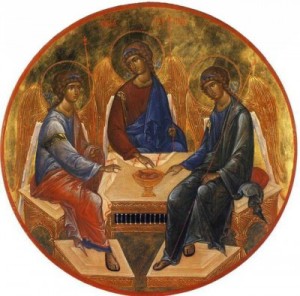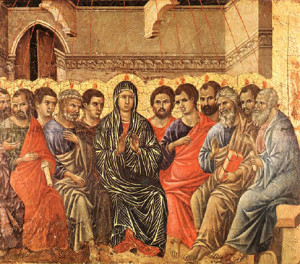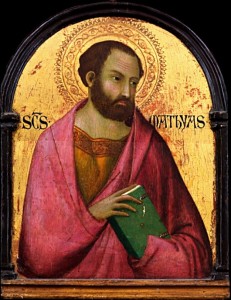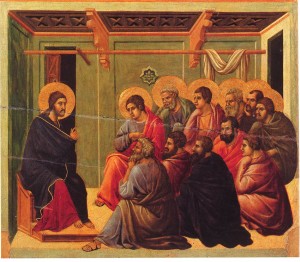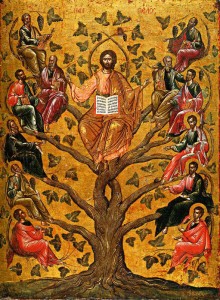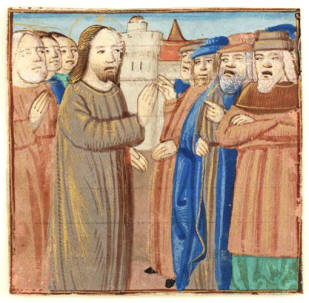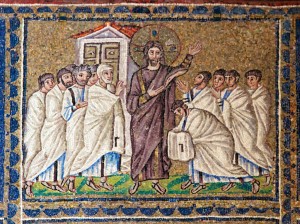Thoughts on Today’s Lessons for June 21, 2015
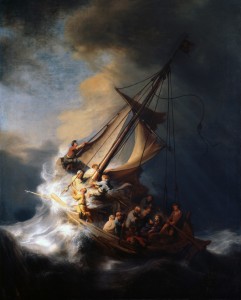
The Storm on the Sea of Galilee, Rembrandt van Rijn, 1633.
It isn’t difficult to find a common theme in this week’s readings: In times of chaos and fear, God is with us. In beautifully poetic language, God reminds Job that God created all things and remains in control of nature’s most powerful forces, including the winds, the waves and the sea.
Psalm: Psalm 107:1-3, 23-32
This hymn of praise gives us vivid images of a loving God who protects us from peril and delivers us from distress. It stands in striking parallel with today’s Gospel reading from Mark. Sailors on their ships stagger in stormy winds and huge waves that leave them afraid and helpless, until God comes in to still the storm and calm the waves. Their song of thanksgiving for God’s mercy must have been heartfelt indeed, reminding us of the apostles’ relief when Jesus stilled the storm.
Second Reading: 2 Corinthians 6:1-13
There’s been trouble and anger in the church in Corinth, and Paul aches to restore good relations. Following Jesus’ way has taken Paul and the church through chaotic events from beatings and prison to hunger and sleeplessness. If he doesn’t mention storm and shipwreck, we know that Paul endured those trials, too. Through all difficulties, he urges the people to remember that God is with us; open wide our hearts and accept God’s love.
Gospel: Mark 4:35-41
Jesus has been preaching to Jewish crowds on the shore of the Sea of Galilee, and now he is leading the apostles across the broad lake to Gentile territory. Along the way we encounter one of those beloved Gospel stories that most of us remember from childhood Sunday school. As children, though, we might not have focused on the apostles’ reactions. First they fear that Jesus doesn’t know – or doesn’t care – that they are in deadly danger, scared out of their wits. Then, catching their breath when all is calm again, they seem shocked to discover that Jesus actually has the power that they had just called on him to use.

